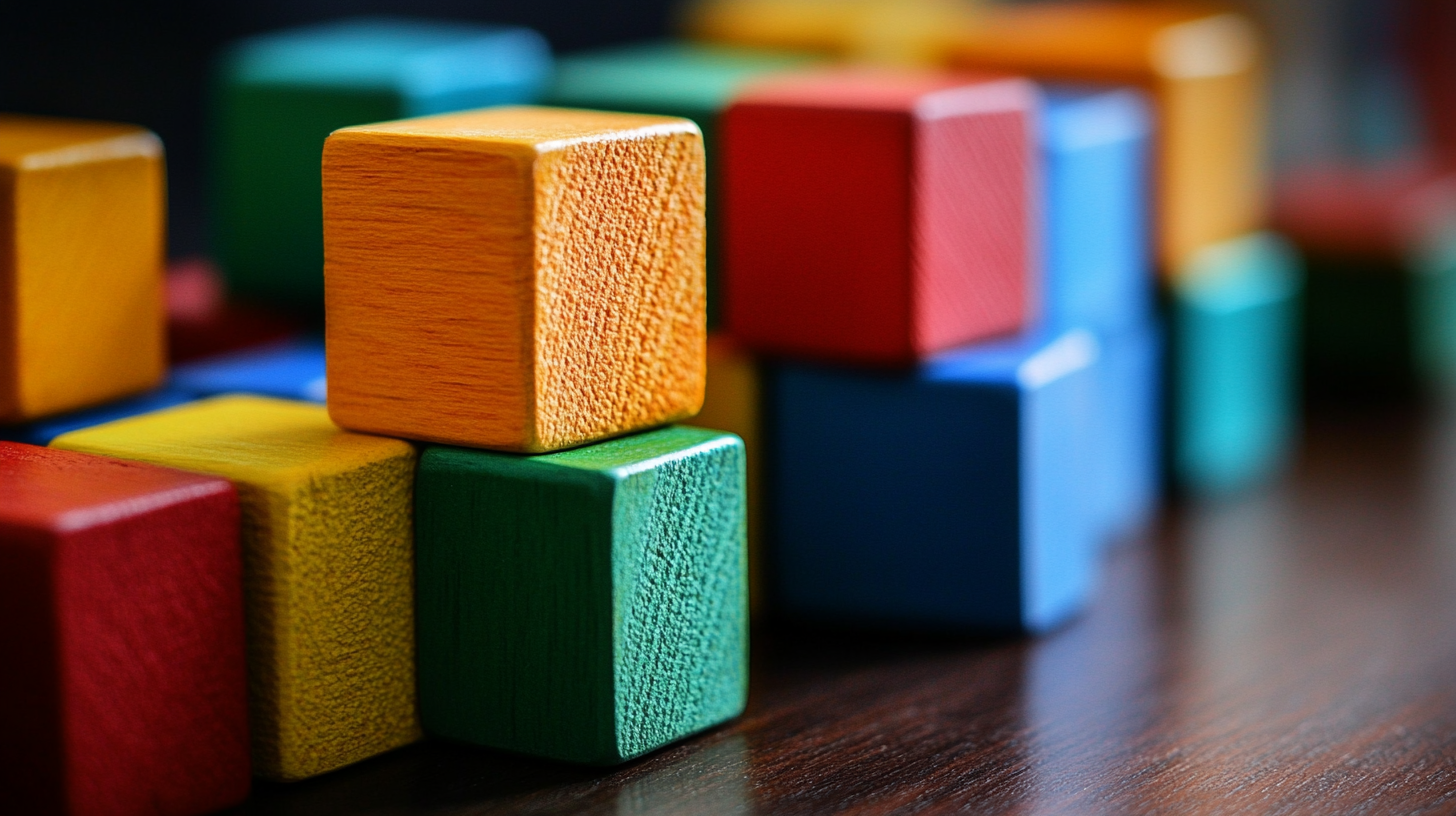Educational Toys for Ages 3-5: Boosting Social and Emotional Development Through Play
When it comes to nurturing your child's growth, choosing the right educational toys can make all the difference. For children aged 3-5, these aren't just playthings – they're powerful tools that shape social skills and emotional intelligence. Let's explore how the right toys can transform playtime into valuable learning experiences that will benefit your child for years to come.
Why Social-Emotional Learning Matters in Early Childhood
Research shows that children who develop strong social-emotional skills during their early years are better prepared for success in school and life. These crucial years between ages 3 and 5 represent a prime window for developing these capabilities.
- Better academic performance
- Stronger relationships with peers
- Enhanced problem-solving abilities
- Improved emotional regulation
Types of Educational Toys That Foster Social-Emotional Growth
Pretend Play Items
Pretend play toys serve as powerful tools for emotional development and social understanding. These items help children explore different roles and perspectives:
- Kitchen sets and play food
- Doctor kits and medical toys
- Dress-up clothes and accessories
- Puppets and dramatic play props
Cooperative Play Toys
Toys that encourage children to work together help build essential social skills:
- Building blocks and construction sets
- Board games designed for preschoolers
- Sorting and matching games
- Large floor puzzles
Top Educational Toys for Social-Emotional Development
1. Emotion Expression Dolls
These specially designed dolls feature interchangeable facial expressions, helping children recognize and understand different emotions. Studies show that children who can identify emotions in others develop stronger empathy skills.
2. Building Blocks and Construction Sets
Besides developing fine motor skills, construction toys teach valuable lessons in cooperation, planning, and problem-solving when children build together.
3. Social Skills Board Games
Age-appropriate board games teach turn-taking, following rules, and handling both winning and losing gracefully.
Features to Look for in Educational Toys
When selecting toys for social-emotional development, consider these key features:
- Age-appropriate complexity
- Durability and safety
- Multiple ways to play
- Opportunities for interaction
- Clear educational value
Expert Tips for Maximizing Learning Through Play
According to child development experts, here's how to make the most of educational toys:
- Join in the play occasionally to model social skills
- Allow child-led play experiences
- Rotate toys to maintain interest
- Create opportunities for group play
Safety Considerations
While focusing on educational value, never compromise on safety:
- Check for age-appropriate warnings
- Inspect toys regularly for damage
- Ensure all parts are securely attached
- Watch for small parts that could be choking hazards
Creating a Balanced Toy Collection
A well-rounded selection of educational toys should include:
- Emotional learning toys
- Construction sets
- Role-play items
- Cooperative games
- Creative materials
Educator's Corner
As an early childhood educator with over 15 years of experience, I've seen firsthand how the right educational toys can transform a child's social-emotional development. The key is consistency and engagement - make these toys part of daily routines and watch the magic happen!
Parent's Perspective
As a mom of two preschoolers, I've found that investing in quality educational toys has made a remarkable difference in how my children interact with others. The pretend play kitchen has been especially wonderful for teaching sharing and cooperation!
Conclusion
Educational toys play a vital role in developing social and emotional skills during the crucial preschool years. By choosing appropriate toys and engaging meaningfully with your child during playtime, you're laying the foundation for lifelong social and emotional intelligence.
Follow us on Instagram @crianca.blog for daily tips on nurturing your child's development through play! Remember, every moment of play is a chance for growth and learning.
For additional resources and research on early childhood development through play, visit the National Association for the Education of Young Children.
